Topics
Each Gloaming Society salon is designed to explore a different aspect of the human condition. From friendship and happiness to identity and mortality, our topics relate to those essential and often elusive pieces that make up the puzzle of our existence. We invite you to explore these topics, as well as some of our supplemental reading materials related to them.
Next Topic
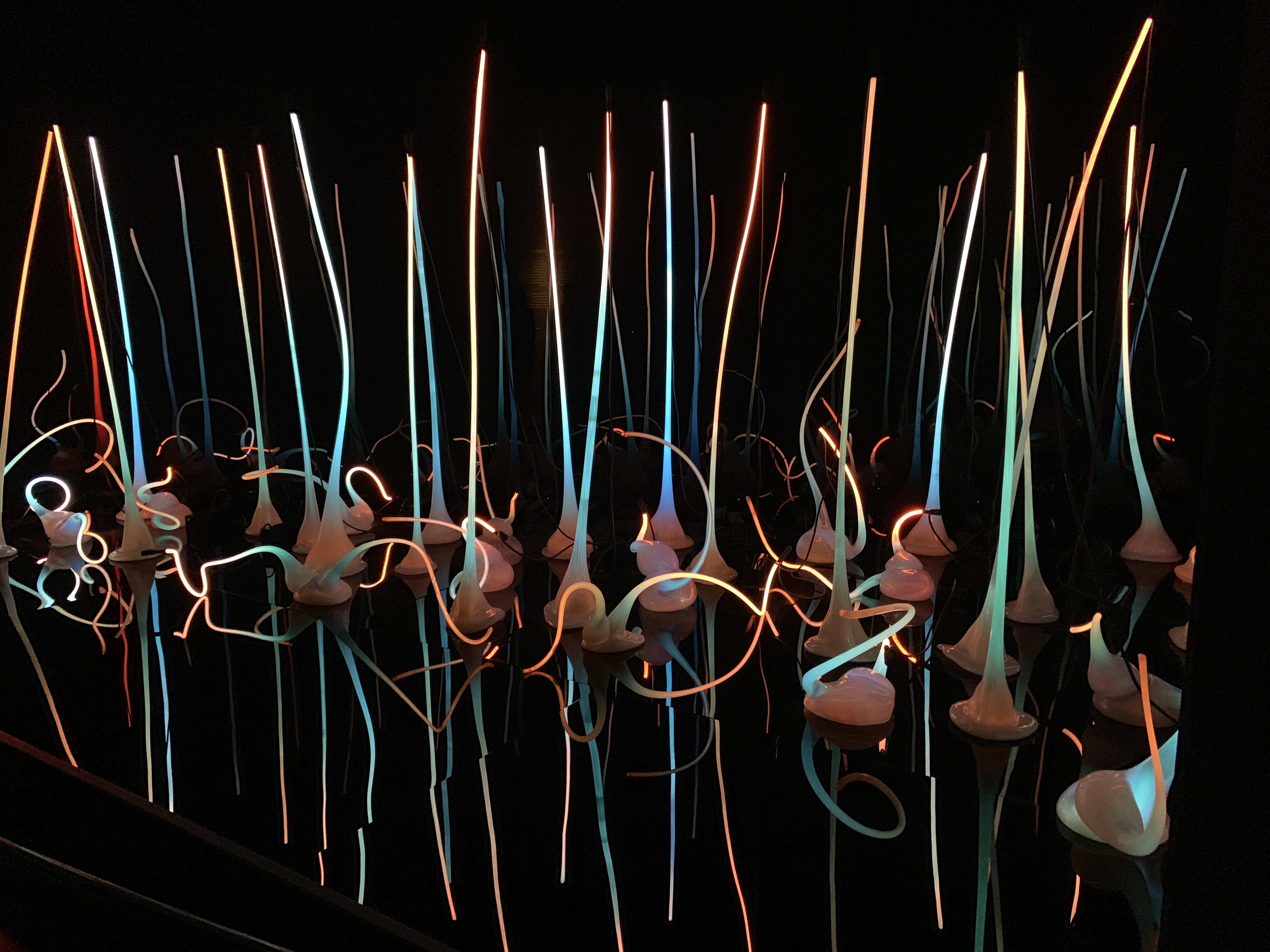
Character
03/09/21
Emerson said that those with character are the “conscience of society to which they belong.” Encompassing traits like empathy, honesty, generosity, integrity and forgiveness, having a good or moral character is generally valued by our society – and popular phrases like “tests of character,” “character building,” and even “character assassination” support this notion. How do you define character? Do you believe it comes from within – or can it be learned? Do you think it is an important ingredient to success? What do you do to develop or improve your own character? What is the relationship between character and reputation? Between character and personality? What are your personal pillars of character?
Upcoming Topics

Money
04/13/21
Many people have a complex emotional relationship with money. As our primary medium of exchange, money plays a critical and useful role in our society as we need it to pay for our basic living expenses. Likewise, we often want more of it as a vehicle for security, freedom or simply just more choices in terms of education, healthcare, retirement, entertainment and travel. What is your relationship to money? Do you equate money with freedom? With power? With happiness? Does money have addictive qualities? Has money impacted your romantic relationships? Does money or the promise of financial reward motivate you more than other things? What is the relationship between money and wealth?
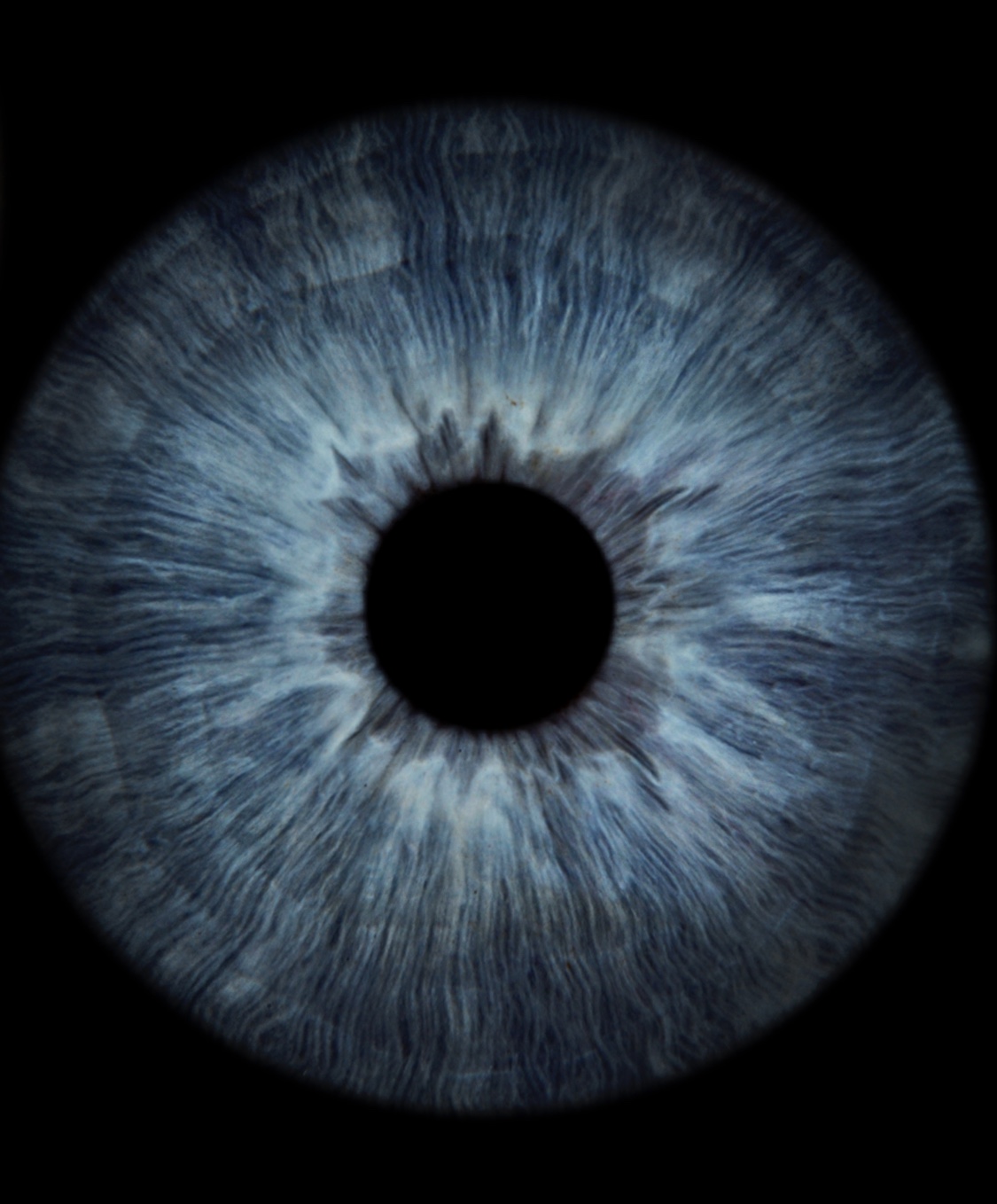
Mindfulness
05/11/21
The practice of mindfulness encourages us to be fully present and engaged in what we are doing, thinking and feeling in the immediate moment – and has been widely touted as a way to improve our emotional and physical health. By acknowledging and accepting our thoughts and feelings with openness, curiosity and compassion (and without judgment), mindfulness may help bring more peace into our complex, often chaotic lives. Do you believe in the value of mindfulness? How do you practice mindfulness? Has your mindfulness practice impacted your psychology or physiology? What is the relationship between mindfulness and meditation? Between mindfulness and spirituality? Between mindfulness and flow? Can you teach others to be mindful?

Art
06/08/21
For a tiny word, “art” packs a powerful punch in its expansive definition as the expression of skill, creativity and imagination in the creation of work admired for its beauty, shock value or emotional potency. Encompassing painting, sculpture, literature, architecture, photography, music, cinema and so much more, art is everywhere – and it means different things to each of us. What does art mean to you? Why do you look at art? Or buy art? Or make art? What do you consider “good” art? Is there such a thing as “bad” art? Do you consider art a good investment or a waste of money? Does the art you surround yourself with have to be beautiful, or realistic, or perfect? How does art contribute to your daily life or your outlook on life?

Truth
07/13/21
Let’s be honest (pun intended), seeking, telling, and knowing the truth is important to most of us. We want the truth from our spouses, children, friends, doctors, journalists, politicians and hairdressers – and we strive to be truthful with others, and ourselves. Defined as “conformity with fact of reality,” it seems like an easy enough concept – but why has the search for truth taken on such a central part in our lives? How do we know what is true or not? Is it ever okay not to tell the truth? Is the little white lie a truth loophole? Is truth an outdated concept? What prevents you from telling the truth? Can you communicate authentically without truth-telling?

Culture
08/10/21
Culture is often described as the “way of life” of human societies, and includes social behavior, language, values, customs, beliefs, arts, education and government. Culture unites people in a society, at home and within organizations, but can also bring about discord as seen in phrases like “culture clash,” “cultural divide” or “cultural misunderstanding.” What else defines a culture? What about your culture are you most proud? Least proud? What other cultures do you admire and why? Have you experienced culture shock? Is cultural awareness important? Do you think it is important to understand and celebrate cultural differences? If you have come from another culture, how do you maintain your cultural identity here in the United States? What does it mean to you for someone to be cultured or have culture?

Gratitude
09/14/21
Gratitude is both an emotion and an action, a feeling and a habit of gratefulness and, according to one author, “an affirmation of goodness.” It can be experienced and expressed in many ways, and it seems to always have a positive effect on our physical and emotional wellness. What role does gratitude play in your life? What are you grateful for? How do you show gratitude to others? How do your religious or spiritual viewpoints affect your view on gratitude? What are the benefits in your life of an “attitude of gratitude?” Does being grateful make you happier? Help you manage adversity? Is gratitude always healthy?
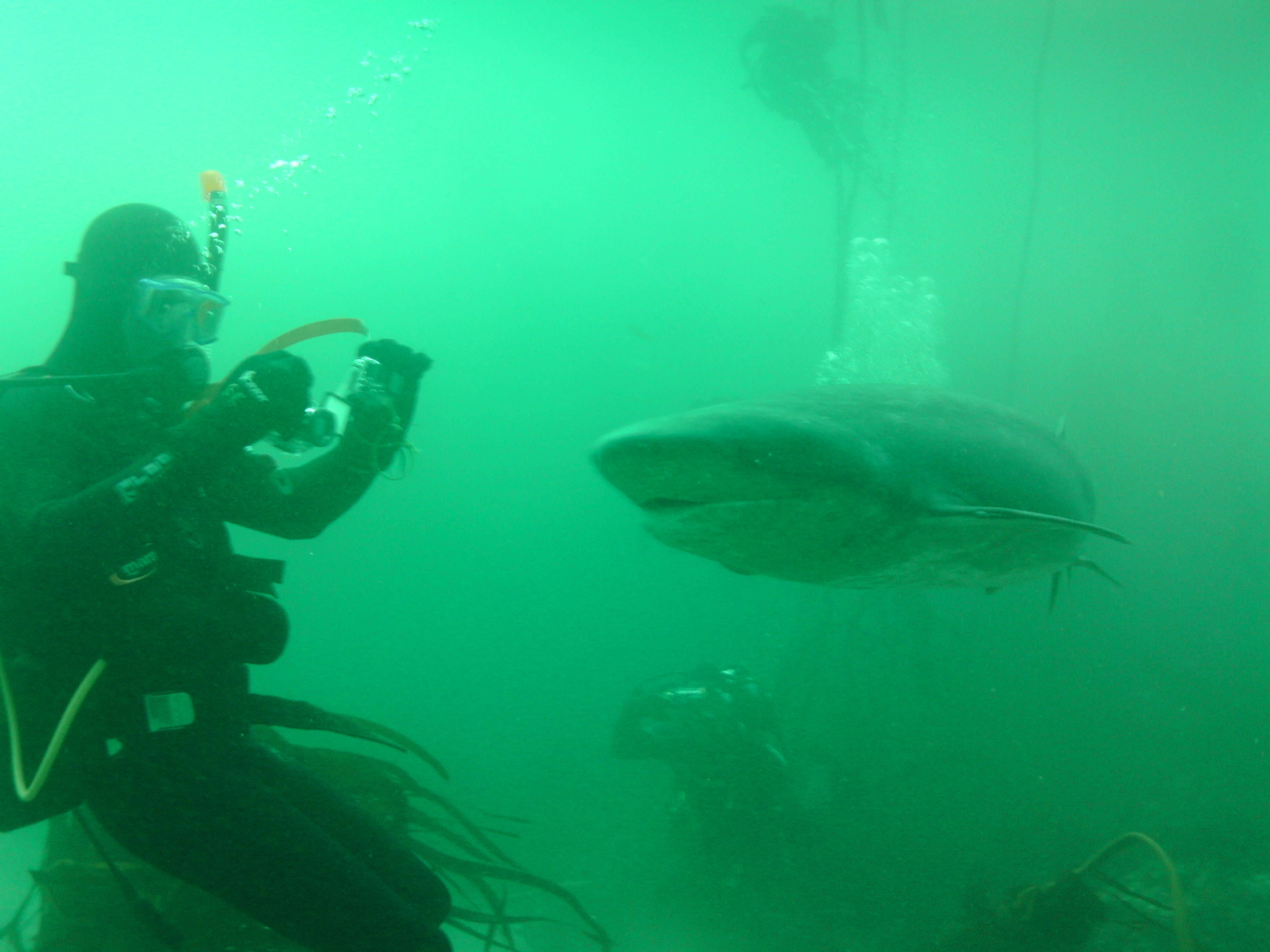
Food
10/12/21
Nothing brings people together like food; in every society, people “break bread” together. Food is part of our cultural and individual identities and is often synonymous with love, warmth and connection. Providing nourishment for our bodies and our minds, the importance of food is obvious, but what does it tell us about our culture? Does food connect you to your heritage? What are some of your favorite memories attached to food? Do you believe we are what we eat? What are your individual eating behaviors and habits? How important is food to you and your family? Do you eat to live or live to eat? What other factors influence the foods we eat?

Time
11/09/21
Time is a precious, non-renewable resource that most of us wish we had more of – to spend with loved ones, to complete a project, to make a decision, to travel, to sleep, and so much more. We are only given a limited amount of it in our lives, and yet we often fear we are wasting it. Do you have time anxiety? Are you satisfied with the way you manage your time? What takes up most of your time? What do you wish you had more time to do in your life? How are you affected by the passage of time? When do you feel like you are wasting time? What prevents you from using your time more wisely? Do you think the notion of time is an illusion?
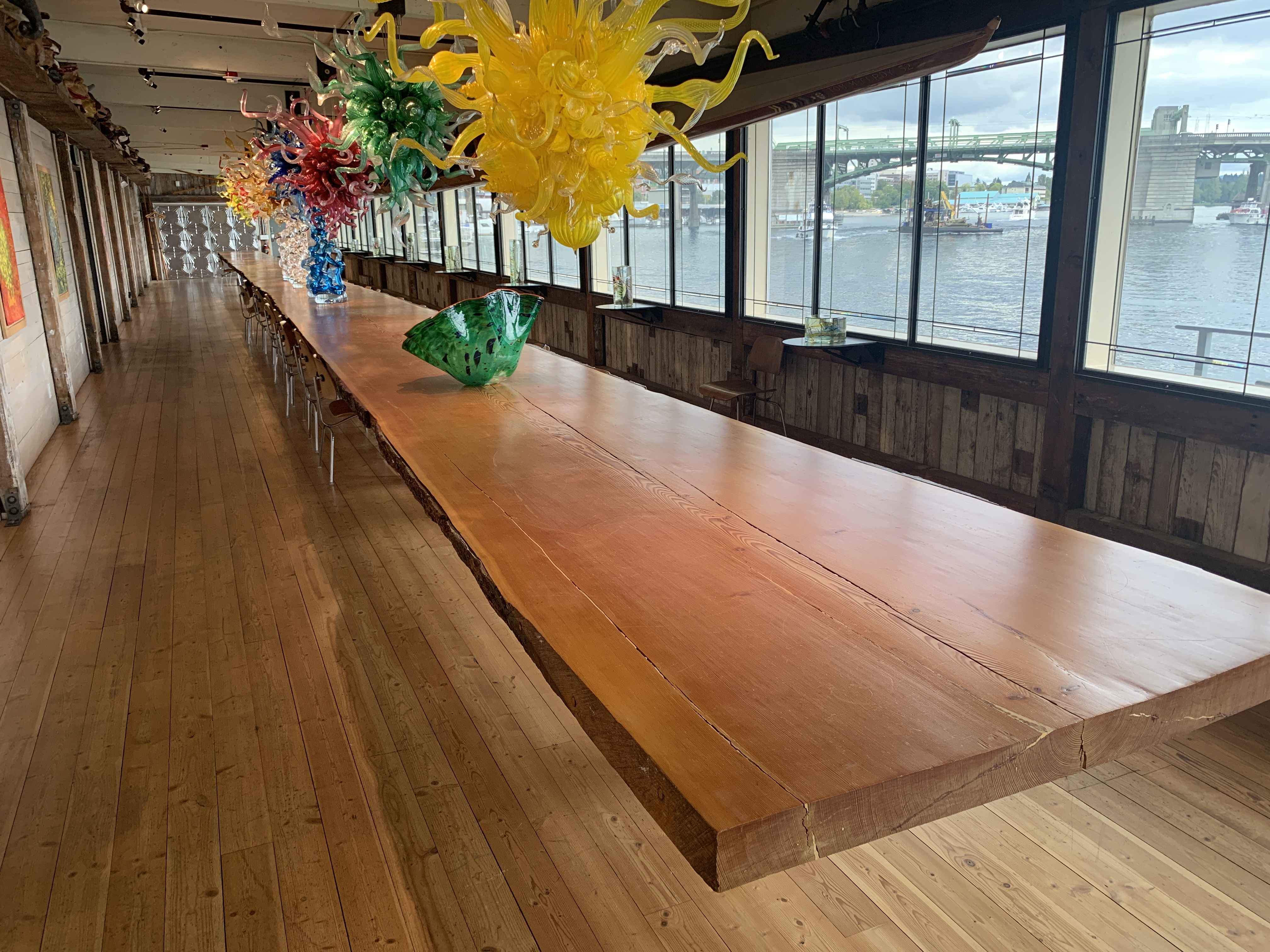
HOLIDAY PARTY / Poetry
12/14/21
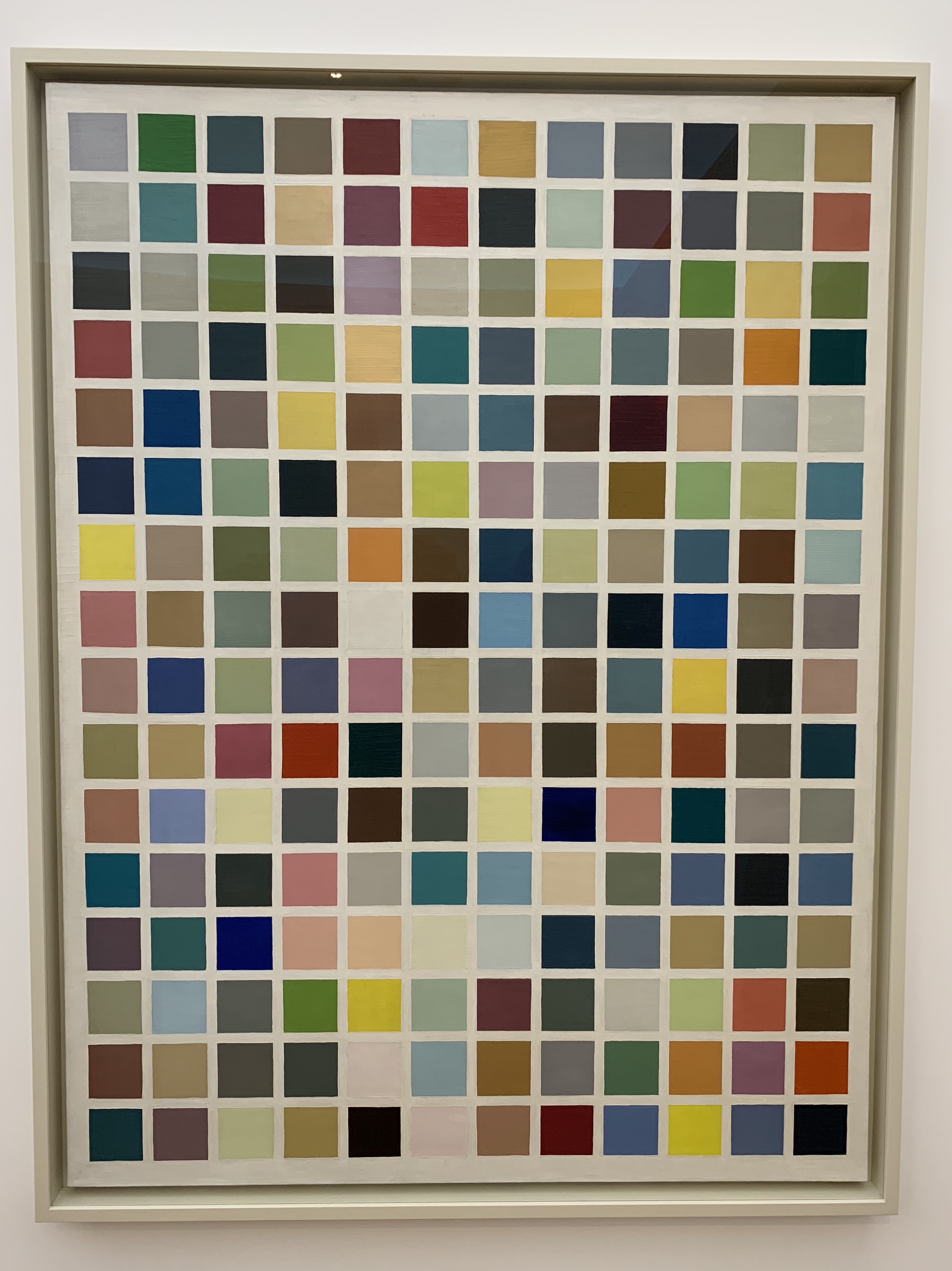
Other Topics Being Considered
2021
- Politics
- Religion
- Sex
- Rejection
- Purpose
- Competition
- Legacy
- Personal Growth
- Faith
- Denial
- Resilience
- Mortality
- Destiny
- Drive
- Privacy
- Joy
- Regret
- Gossip
- Traditions
- Free Will
- Heroes
- Beauty
- Nostalgia
- Soulmates
- Adventure
- Family
- Addiction
- Citizenship
- Friends & Enemies
- Body Language
- Travel
- Memories
- Inspiration
- Hobbies
- Technology
- Culture Shock
- Entertainment
- Childhood
- Leadership
- Influence
- Superpowers
- Social Distancing
Past Topics

Friendship
11.18.18
Friendship has even called one of life's greatest treasures. What are the benefits of friendship? What do you consider the traits of a true friend? How many friends are enough in your life? What are the common problems that ariese in friendships? How do you fix a failing friendship or end a toxic one?
Talking About Friendship

Happiness
01.15.19
Happiness is a positive emotion that many of us search for and seek to preserve in our own lives - but it means different things to different people. How is happiness defined? Is it a choice? Is it within our control? What does it mean to be happy? Is it possible to focus too much on our pursuit of happiness? These are just a few of the questions we will explore at our next salon.
Talking About Happiness

Adversity
02.19.19
As humans, we all experience adversity, but manage and overcome our challenges in different ways. What kinds of adversity have you faced in your own life? How have you dealt with this adversity? Should we embrace adversity or run from it? How has adversity affected you in your personal or professional relationships?
Talking About Adversity
- 10 Ways Successful People Push Through Adversity
- 12 Incredibly Successful People Who Overcame Adversity
- Ted Talk: “The Opportunity of Adversity,” by Aimee Mullins
- “Still I Rise,” by Maya Angelou

Romance
03.19.19
Romance is a blissful, often intoxicating feeling that usually stems from falling or being in love – and romantic gestures play an important role in many of our relationships. How do you define romance? What does it mean to be a romantic? What is the role of romance in your relationships? Where do you inject romance into your daily life? Does romance exist only in the context of a romantic relationship? What is the relationship between love and romance?
Talking About Romance
- Oprah on Differnce between Love and Romance
- Time Magazine on Romanticism
- Huffington Post on the Importance of Romance

Creativity
04.16.19
Creativity is the use of imagination to produce something innovative. As a character trait, it is highly valued in our society, but is it something we are born with or can it be learned? What does it mean to be creative? When do you feel the most creative? How do you feel when you are creating? What are the habits of highly creative people? Is there a link between creativity and happiness?
Talking About Creativity:

Forgiveness
05.14.19
Forgiveness is a conscious decision to release negative emotions such as anger or bitterness toward someone who has caused you harm. Why do you forgive? Does forgiveness relieve our own hurt? Is forgiveness empowering? How do we get better at forgiving? How do we forgive someone who may not deserve our forgiveness?
Talking About Forgiveness:
- The Art of Forgiveness
- The New Science of Forgiveness
- TedX: "The Real Risk of Forgiveness and Why it's Worth It?"

Fear
06.19.19
Fear is a powerful and unpleasant emotion we have all experienced; everyone is afraid of something. What do you fear? Is fear healthy? Is fear rational? Is it a sign of weakness? Why do we fear certain things and not others? Does fear motivate or paralyze us? How do we react to and overcome our fears? Does talking about our fears make us less fearful? How can we use our fears to our advantage?
Talking About Fear
- What Fear Can Teach (TEDx)
- What Happens in the Brain When We Feel Fear
- Six Thoughts on Why Facing Your Fears Could Help You Achieve Massive Success
- The Power of Vulnerabillity (TEDx)

Aging
07.16.19
Human attitudes toward aging differ based on factors including age, gender, culture, education and socioeconomics. How do you think about aging? Do you relish it or run from it? What are some of the benefits of getting older? How do we face our fears about getting older? Do our attitudes about aging affect our health and wellness?
Talking About Aging

Power
09.11.19
Power is an important element in human relations, influencing both our interpersonal and professional relationships. How does power manifest in your life? When do you feel most powerful? What are the sources of your personal power? How do you achieve authentic personal power? If the word “power” is naturally associated with strength or leadership, why does it also have negative associations with terms like aggression or exploitation? How do we use our power responsibly and channel it toward the greater good? How can we prevent others from taking away our power – or ourselves from giving it away? Have you experienced a power paradox in your personal or work life?

Authenticity
10.22.19
Authenticity is a highly regarded virtue in our society, and many of us strive to mindfully practice being true to ourselves. How do you define authenticity? How do you remain authentic to yourself? Can we learn to be more authentic? Are there different kinds of authenticity? What are the qualities of truly authentic people? Why has the concept of authenticity become so popular in recent years?
Talking About Authenticity
- “The Authenticity Paradox”
- "The Power of Vulnerability" - Brene Brown (TED Talk)
Newsletter: 19-11 Newsletter November

Balance
11.19.19
We all seek to have balance in our lives – a balanced diet, a balanced checkbook and the right balance between our personal and professional lives. What does balance mean to you? What do you struggle to balance in your own life? How do you get back on track when things in your life are out of balance? Is true balance sustainable?
Talking About Balance:
Newsletter: 19-12 Newsletter December
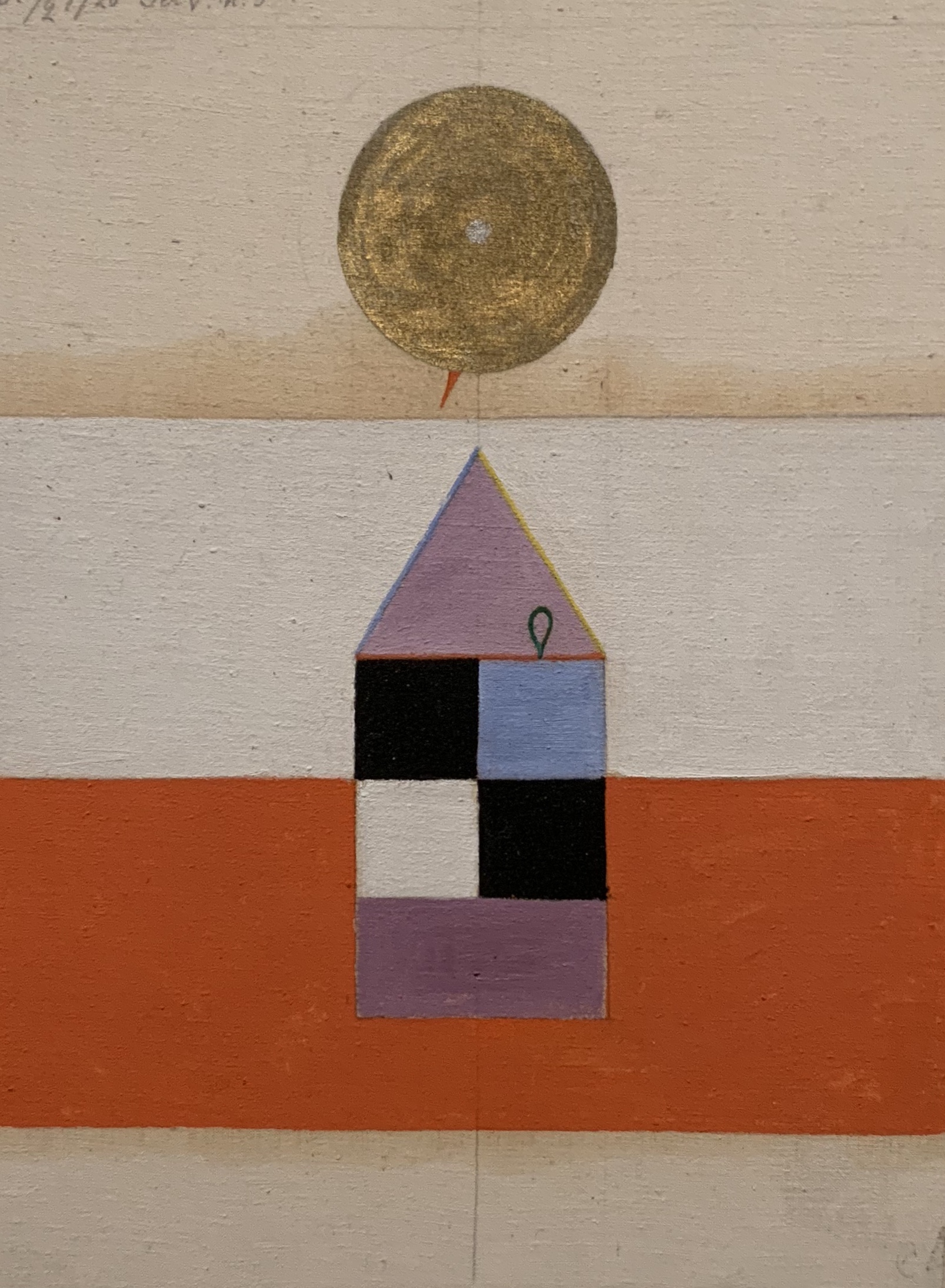
Freedom
01.21.20
Our own definitions of personal freedom may vary, but our basic human desire to choose how we spend our time, where we focus our attention, and with whom we share our lives, remains constant. How do you define freedom? What does freedom look like in your own life? What is the role of positive freedom (freedom to act on our own desires) and negative freedom (freedom from interference by others) in your life? Do social pressures prevent you from feeling truly free? Do self-imposed rules prevent you from being free? Do you equate financial security with freedom?
- “Personal Freedom Should Not Be a Fight”
- "How to Get Your Freedom Back"
- Ted Talk: Barry Schwartz, “The Paradox of Choice”
Newsletter: 20-01 Newsletter January
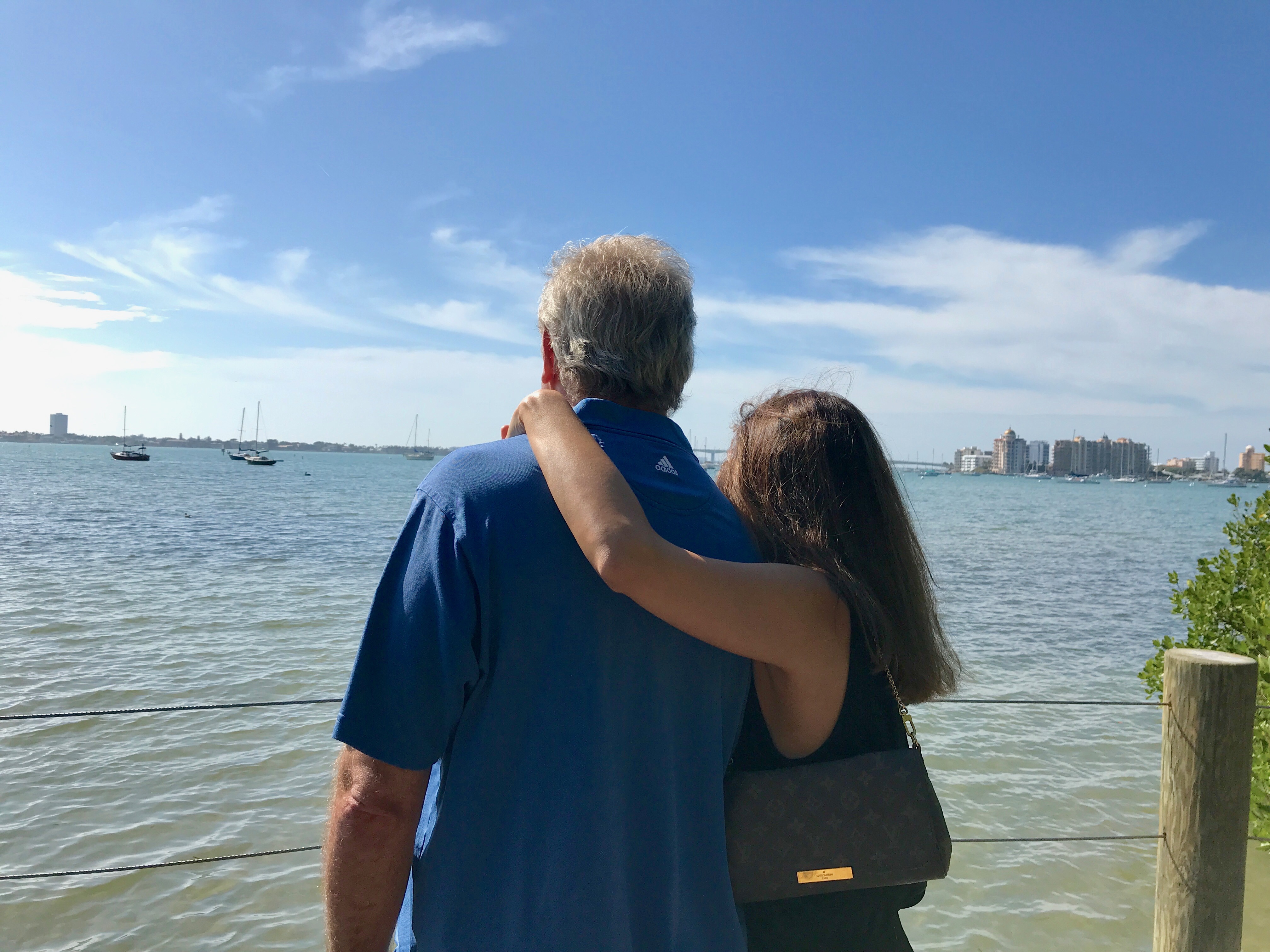
Love
2.18.20
Gandhi said, “Where there is love there is life,” a philosophy that resonates for those who believe that love, in all of its forms, brings meaning and richness to our lives. What does love mean to you? What role does love, platonic or romantic, play in your life? Do you believe humans are hardwired to give and receive love? What does it mean to fall in or out of love? Must you like a person to love that person? Is there anything more important than love in a relationship?
- Ted Talk: A Better Way to Talk About Love
- The Need to Love
- Love, Decoded
- When Love and Science Double Date
- Our 20 Favorite Quotes About Love
Newsletter: 20-02 Newsletter February

Play
04.09.20
For children, engaging in free play is critical for learning and development, yet the importance of play is often quickly dismissed in adulthood as unproductive or indulgent. If play can be such an enjoyable and enriching state of being, why do so many of us forsake it in our daily lives? Do you make time to play in your life? What are the benefits of play to your social and emotional well-being? Is it easier to navigate the difficult and stressful parts of life as a playful person? What is the relationship between play and happiness? Between play and creativity? Play and your health?
- Why It’s Good for Grown-Ups to Go Play
- The Value of Play I: The Definition of Play Gives Insights
- Ted Talk: Play Is More Than Just Fun
Newsletter: 20-03 Newsletter March

Mars & Venus
4.21.20
Quite often, our gender differences with respect to behavior, communication, problem solving, and even the regulation of emotions, can be so dramatic it literally seems that men and women are from different planets. How different are men and women, really? What are the differences in the way men and women in your life think and relate to each other? How do these differences affect you in your relationships? Do you handle conflict in the same way as your relationships? Are you more or less romantic than your relationship partners? What do you value most in your relationships with the other sex? Does your relationships feel the same between the sexes? Does it matter?
Newsletter: 20-04 Newsletter April

Trust
5.12.20
For many people, trust is one of the most important elements in their personal and business relationships. Giving us faith and confidence in another person, trust allows us to feel safe while being vulnerable – and when its lost, a relationship deteriorates. Why is trust so important in your relationships? How do you build or maintain trust in your relationships? What do you think others think about the trust they place in you? Do you trust yourself and your own judgment? Are you too quick or too cautious about trusting others? How can you tell if someone is untrustworthy? Can relationships function without trust?
- Rethinking Trust
- John Gottman on Trust and Betrayal (includes video clips)
- Thirty Quotes on Trust That Will Make You Think
Newsletter: 20-05 Newsletter May

Spirituality
6.9.20
Though we have varying personal definitions of spirituality, for many of us it can be explained as a feeling of connection to or belief in something larger than ourselves. Being spiritual is a state in which we reflect on who we are and what we value in order to find meaning in our lives – and spirituality can make us feel happy, relaxed and enlightened. Do you have a spiritual life? What does spirituality mean to you? How does it affect your soul, your health, your relationships or your quality of life? To be spiritual, must we ignore the physical or material aspects of life? Is religion the only path to spirituality or can you be spiritual without being religious?
- Six Modern Spiritual Thinkers Share Their Personal Practices
- What It Means To Be Spiritual But Not Religious
Newsletter: 20-06 Newsletter June

Failure
07.14.20
While some consider failure the “opposite of success,” others view is at a requisite for success – one of life’s greatest teachers. What is the value of failure in your life? What lessons have you learned from your failures? How do you deal with failure – ignore it, internalize it, talk about it? What other strategies do you use to overcome personal or professional failures? What is the relationship between failure and perfectionism? Are you inspired or paralyzed failure — or even just the fear of it?
- Why Failure Is Essential to Success
- Why Fear of Failure Can Keep You Stuck
- Ted Talk: The Fringe Benefits of Failure (J.K. Rowling)
Newsletter: 20-07 Newsletter July

Kindness
08.18.20
Kindness embodies all of the ways in which we show love, warmth, concern, sympathy, acceptance and consideration for others. As a personality and character trait, it is highly desirable – most people claiming it to be the most important attribute they seek in a long-term romantic partner. What does “being kind” mean to you? What traits do you consider to be part of kindness? How do you practice kindness toward others? Toward yourself? How do you recognize kindness in others? Is there a correlation between kindness and happiness? What are the societal effects of kindness? Do you think kindness is truly contagious?
- Song: Kind and Generous (Natalie Merchant)
- 11 Quotes on Kindness That Every Entrepreneur Needs to Read
- Stop Trying to Raise Successful Kids — And Start Raising Kind Ones
- Covid-19 Is Challenging the World to Be Kinder
Newsletter: 20-08 Newsletter August

Language
09.15..20
Language is a critical social tool that connects human beings with each other. Through writing, reading, speaking, listening and gesturing, we can communicate, influence and provoke. How else is language important in your life? How has it helped or hindered you? How do you avoid or overcome misunderstanding caused by language? How do you combat mean or offensive language? When do you chose positive versus negative phrasing in your language? How important is non-verbal language to you in understanding someone? How do you regard various mediums for language, i.e. text messages, telephone calls or face-to-face conversations?
- 26 Brilliant Quotes on the Super Power of Words
- Ted Talk: Why Language is Humanity’s Greatest Invention
- Berlitz: Cultural Differences in Communication
- Britannica: Language and Culture
- The Power of Talk: Who Gets Heard and Why
Newsletter: 20-09 Gloaming Newsletter September
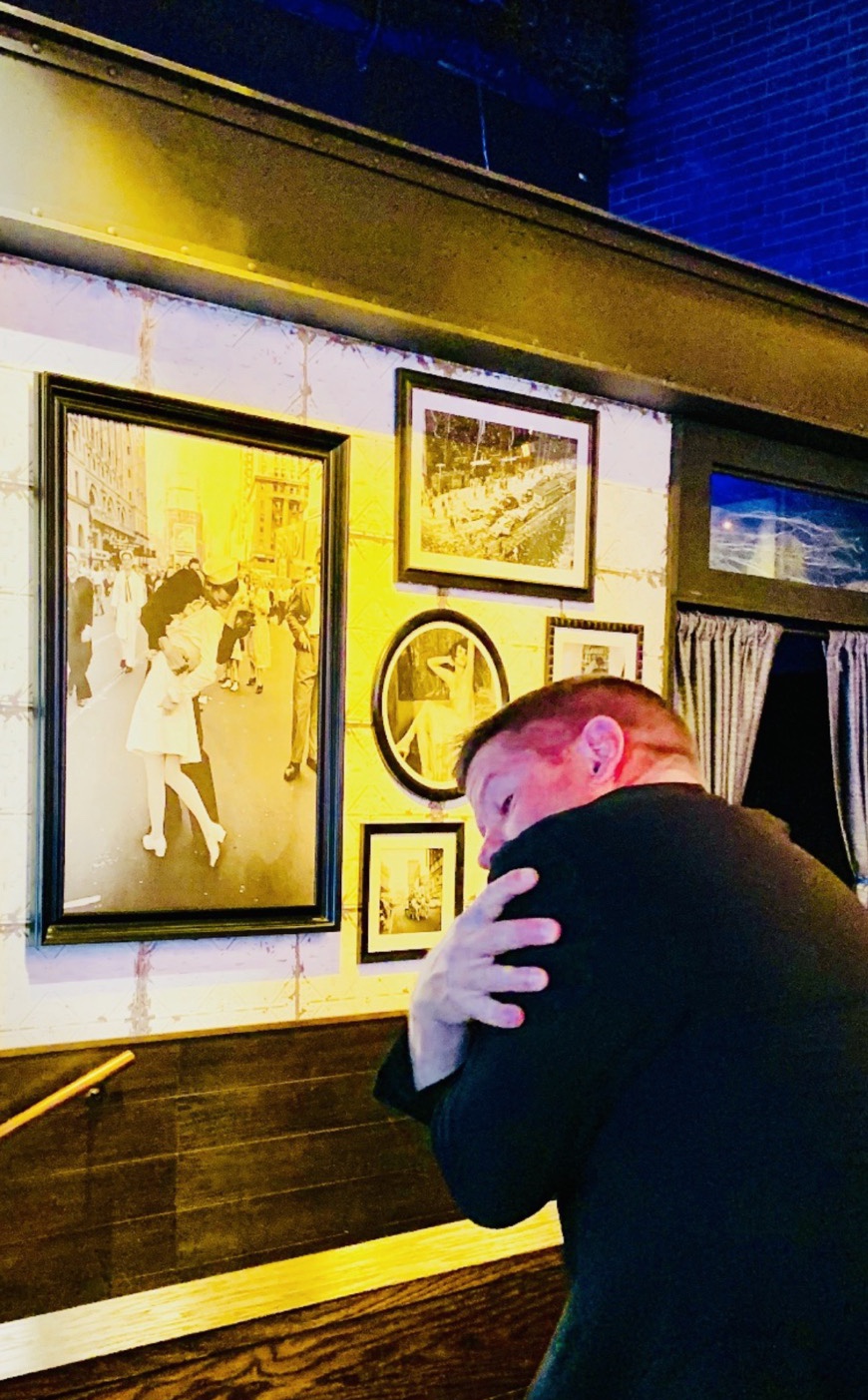
Shame
10.20.20
Though an ability to feel shame suggests positive character traits like conscience and compassion, shame is a painful emotion that can make us feel self-conscious, worthless, and uneasy. Have you been shamed by others for your appearance, opinions, or actions? Do you shame yourself? How has shame affected the way you think about yourself, your self-esteem? How do you silence shame in your own life? Is shame always undesirable or can it be productive used in a positive way? What do you consider the difference between shame and guilt?

Conformity
11.17.20
Pressure to conform exists in almost every area of life; after all, it is human nature to want to “fit in.” From saying hello and waiting in line to following fashion trends and driving on the right side of the road, social norms influence the decisions we make. What are examples of conformity in your own life? How has conformity influenced your behavior? When you have conformed with something, did you change both your public behavior and your private beliefs? What strategies do you use to resist real or imagined social pressure to conform?
- Why Non-Conformity is a Precondition for Innovation
- How Conformity Can Be Good and Bad for Society
- Conformity
- Conformity Scene from film Dead Poets Society
Newsletter: 20-11 Gloaming Newsletter November

Bucket Lists
01/12/21
Many of us have created some form of a bucket list for ourselves – a blueprint of things we want to do before we die or “kick the bucket.” Though this act may be a somber reminder of our own mortality, it may also be the perfect encouragement to think about what we value the most and what may be missing from our lives. Do you have a bucket list? Why or why not? What kinds of wishes or goals are on yours? Is your list long or short, broad or selective? Is it a static document or a living, changing one? Does working on it bring you joy or cause you stress? Motivate you or overwhelm you? Is the notion of bucket lists becoming too obsessive in our society? Have traditional bucket list items become too generic?
- It’s Time to Kick the Bucket List
- How Making A ‘Reverse Bucket List’ Can Make You Happier
- TED Talk: 6 Steps to Crossing Anything Off Your Bucket List
Newsletter: 21-01 Gloaming Newsletter January
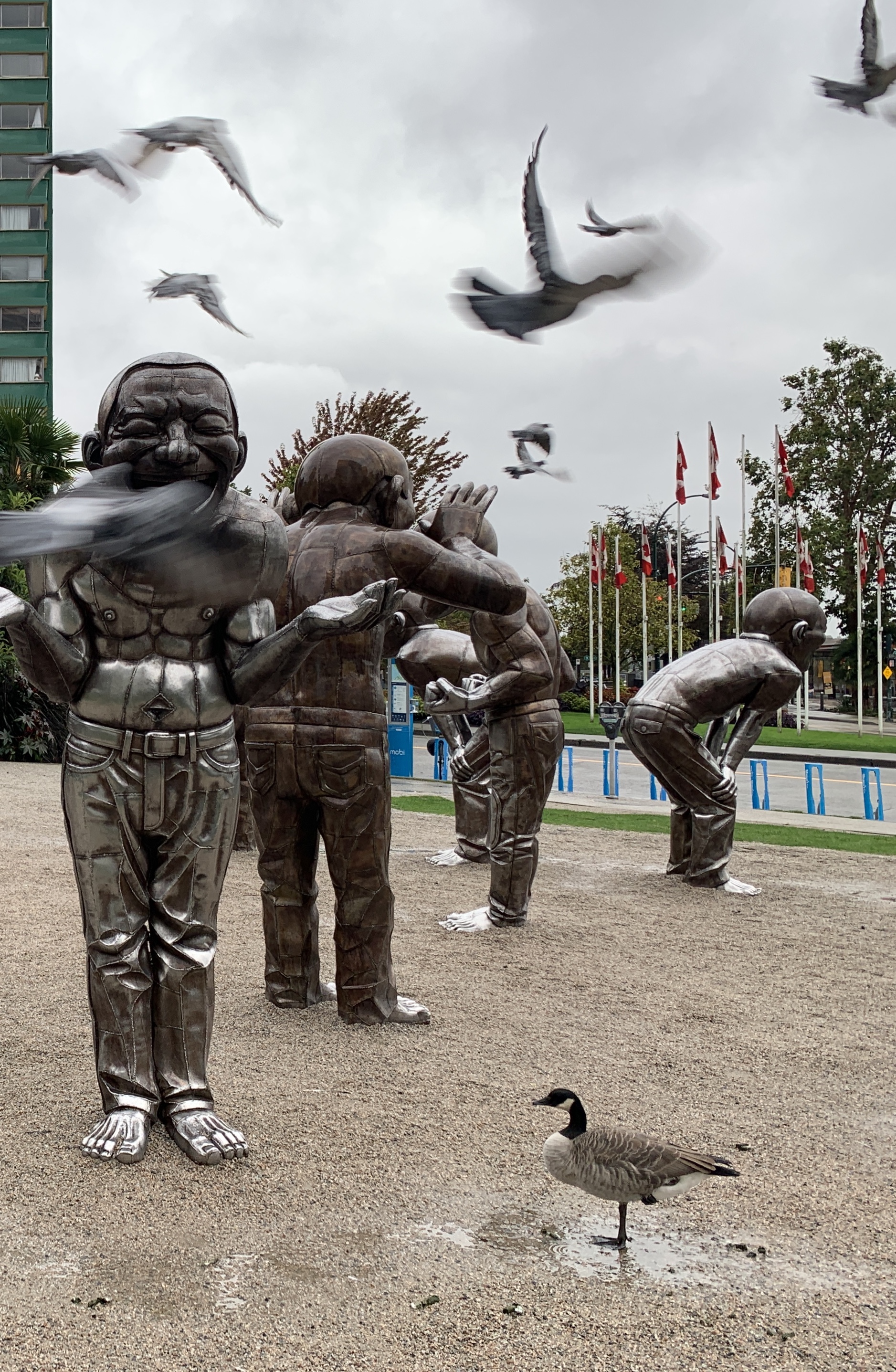
Desire
02/09/21
Desire is an emotion that conjures up heady words like longing, yearning, or craving – because desire is, by definition, a strong wish or want of something. In many ways, our culture and our economy have been built on the concept of desire, and the word can invoke everything from desire for food, love, shelter or a sense of belonging to desire for fame, power, acquisition or excitement. What do you desire in your life? What drives your desires – and what desires drive your behaviors? Do your desires motivate you or distract you? Do they emanate from your mind or your heart, or both? Can desire be destructive? How do you control desire?

